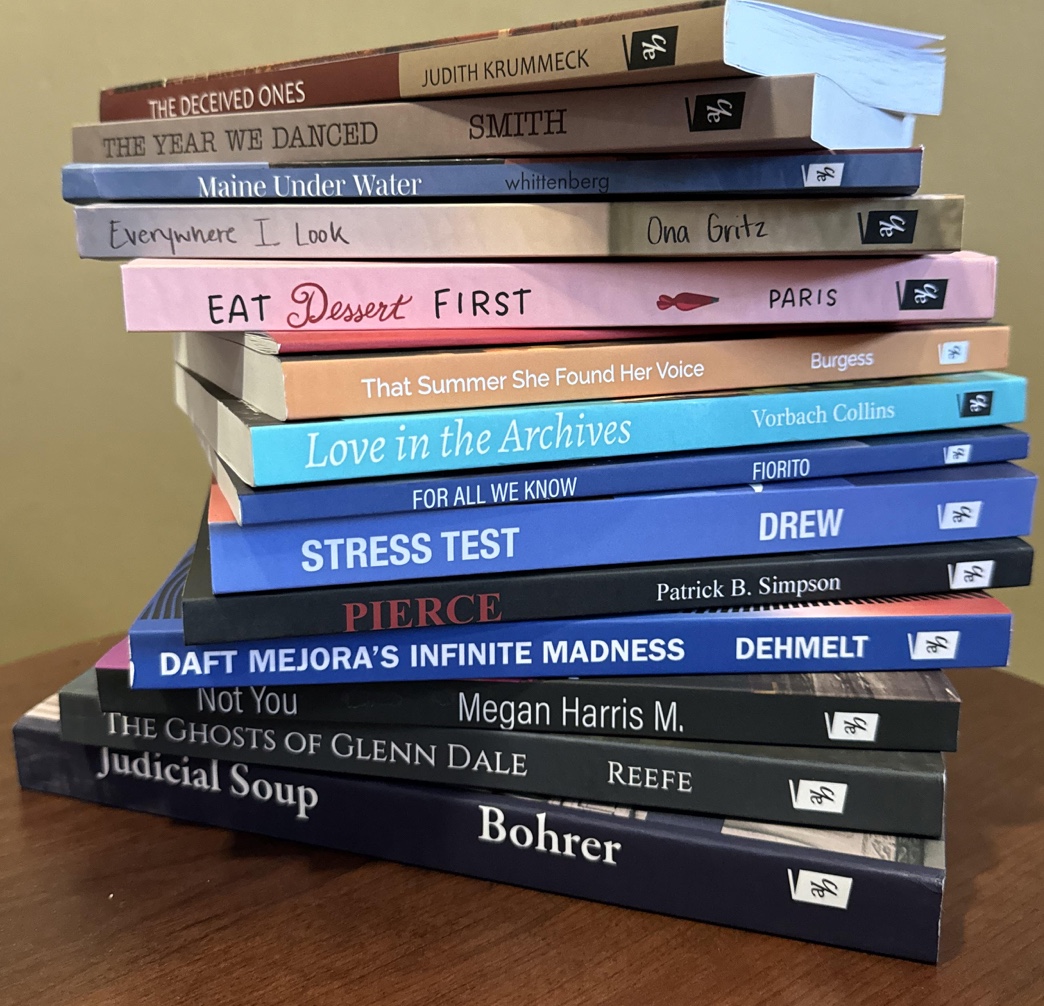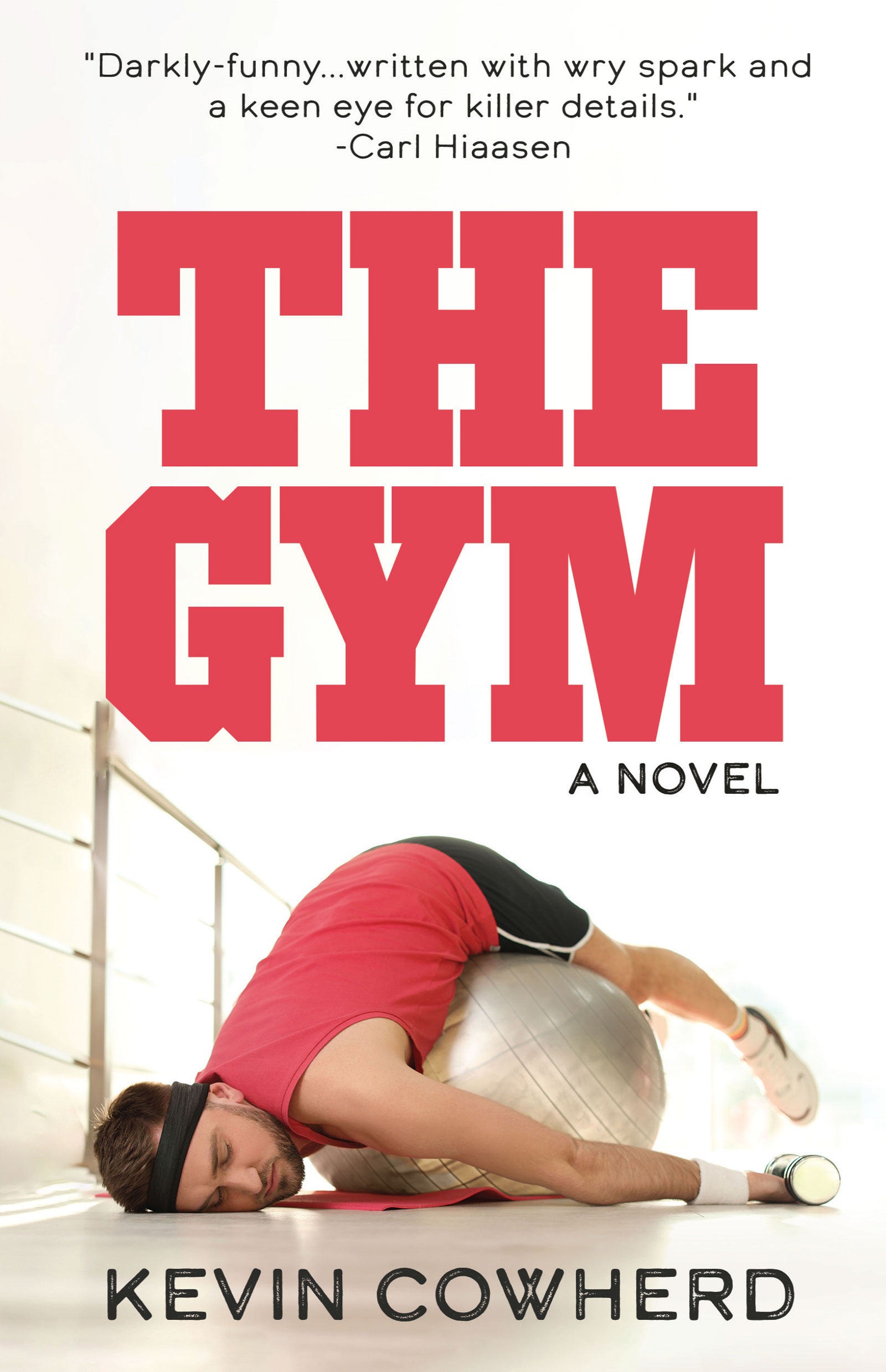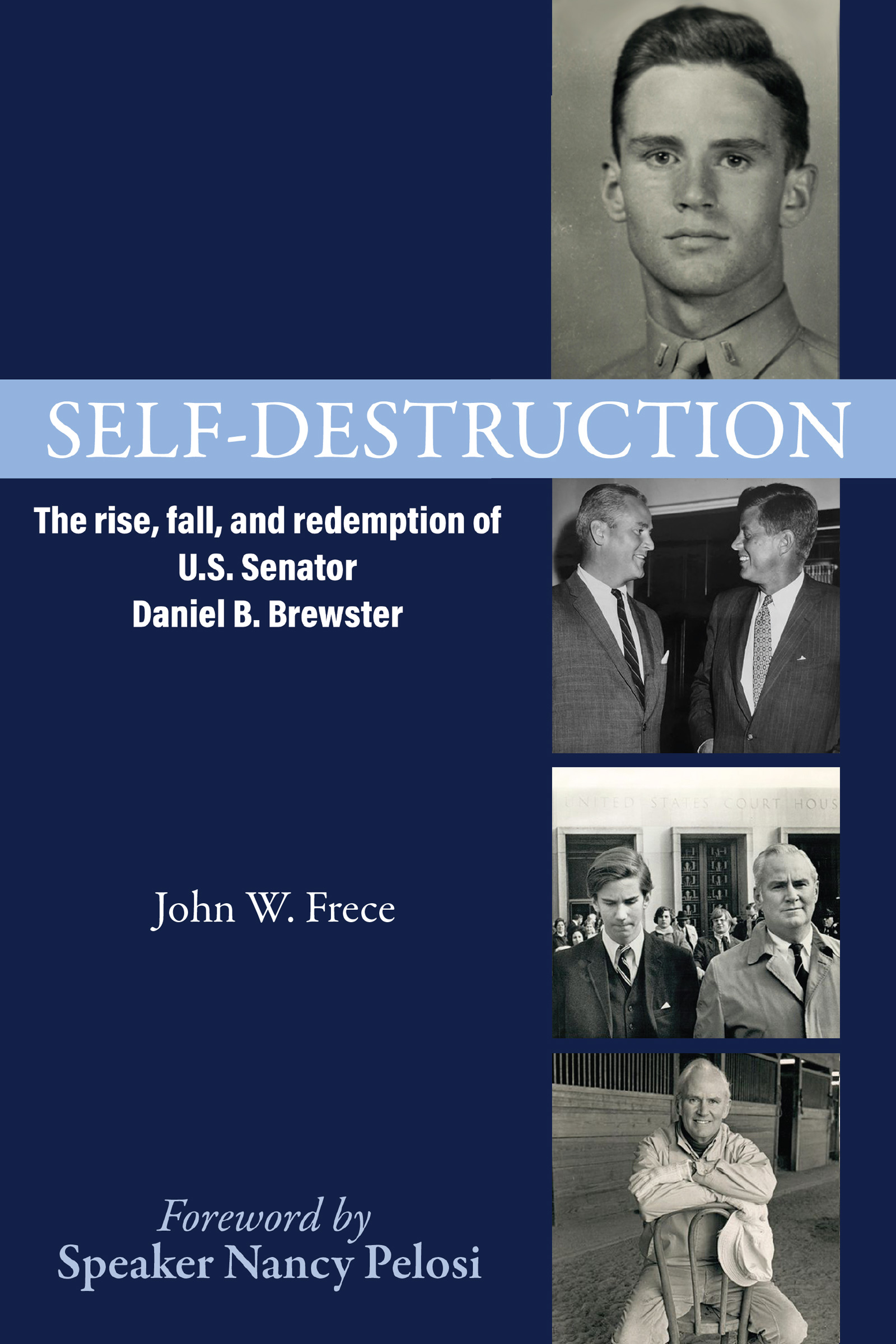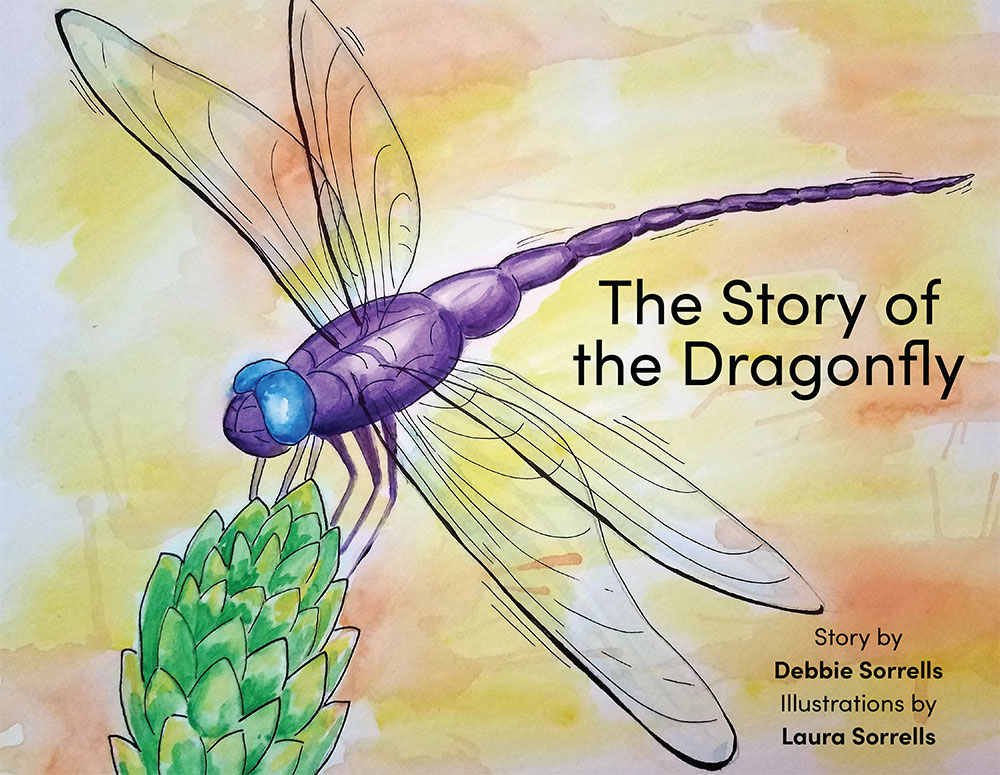Author Q&A: Sean Byrne. This author speaks about his new book, The Psychopomps, the process behind it, and its takeaway for readers. Read below to learn more about this author and his unique story.
- This is your first work of literary fiction. How was this writing process different from the other things you have written?
The routine I used for writing this book was so much more regimented as compared to other stories I’ve written. I committed to a certain word count to meet every day, so there were times when I was staring at the screen for hours to finish an idea or even a sentence. It was not always productive, but I always slept a little easier knowing I worked through some difficult writing when I was incredibly close to smashing my head through the computer screen.
- Are there any personal experiences that inspired the characters in your book? If not, then what inspired it?
Whoa. Hmm. Can I plead the fifth? It’s a book about people scaling a building with the purpose of then jumping off it. I can only claim to climb up a building thanks to some unmonitored construction scaffolding and one too many whiskeys. Poor decision-making used to be my forte. Characters in the book deal with issues ranging from isolation, addictions of all sorts, crippling school debt, and the stresses of mundane life. An odd sort of therapy then follows. I can claim to be privy to some or most of these topics
- What is one element of the book you were really excited to explore?
The use of schedule 1 drugs in a controlled environment to treat a number of afflictions. So many people have benefited from this when properly monitored. Also, I enjoyed the struggle of finding the best ways to write about the use of these drugs so that readers who both did and did not have experiences with them were accessible and realistic.
- What is one thing you’ve learned about yourself while writing this book?
I learned how hard it is to write and it made me appreciate other artists and their commitment to their craft. I learned to love people’s music so much more. I learned to appreciate authors, chefs, directors, moms, and dads – all who devote themselves to a daunting task.
- Which character do you relate to the most? Why?
There are little bits of me in most of the characters whether in a literal or abstract way. Janzen is the main character and I was around the same age as him when I started writing this book. He’s somewhat of a delinquent, but he’s not unkind so I can identify with those parts of him.
- How did you time as an English teacher contribute to this work?
I learned to write more quickly. The avalanche of emails some teachers receive is pure horror. Most are a complete waste of time, but I was technically responsible for reading all of them and it can suck the life out of a teacher on any given day. But you need to respond to some, so I had to write fast if I wanted to finish a lesson plan or work with a student. Also, before I was a teacher, I was mystified by a number of authors and how well they wrote. They created magical experiences with their words. But after teaching grammar for so long, I learned to pick apart sentences and found these same authors’ ethereal styles were nothing more than fragments, complex sentences, and run-ons. It gave me the courage to write.
- Why did you decide to include so many songs and music references?
I was trying to create a certain atmosphere with the songs. But even if a reader doesn’t know the reference, I hope I did a good enough job explaining its place in the book. It was also my hope that people would want to look up some of the referenced songs because they can be both beautiful and terrifying in the right situation. Reading about and listening to music filled such a productive part of my life when I could have easily have found worse ways to fill those hours.
- When did you know the book was finished?
I knew it was finished when I was given a deadline. In my mind, the book will never be done. I read some of the sentences now and want to blow up the entire thing. I both hate and love what I write. I have a rather strained relationship with the process. It brings me no joy, but I’m still addicted to it even when I’m not doing it.
- Did you receive any useful advice that proved helpful in finishing it?
I learned it was okay to write terrible sentences. I then knew I could always go back and write less terrible sentences. It seems like a simple piece of advice, but it freed me up in a way. Just write, write, write.
- What is the number one takeaway you want your readers to get from The Psychopomps, and what effect do you want it to have?
I want readers to enjoy it and even be entertained by my attempts at humor and terror. I hope they think it’s weird and quirky but also honest and heartfelt. It would be so great if the story stayed with them for some time. Some characters are so tragic but they aren’t relentlessly depressing. I admire people who can find comedy and absurdity even in the toughest of situations.





